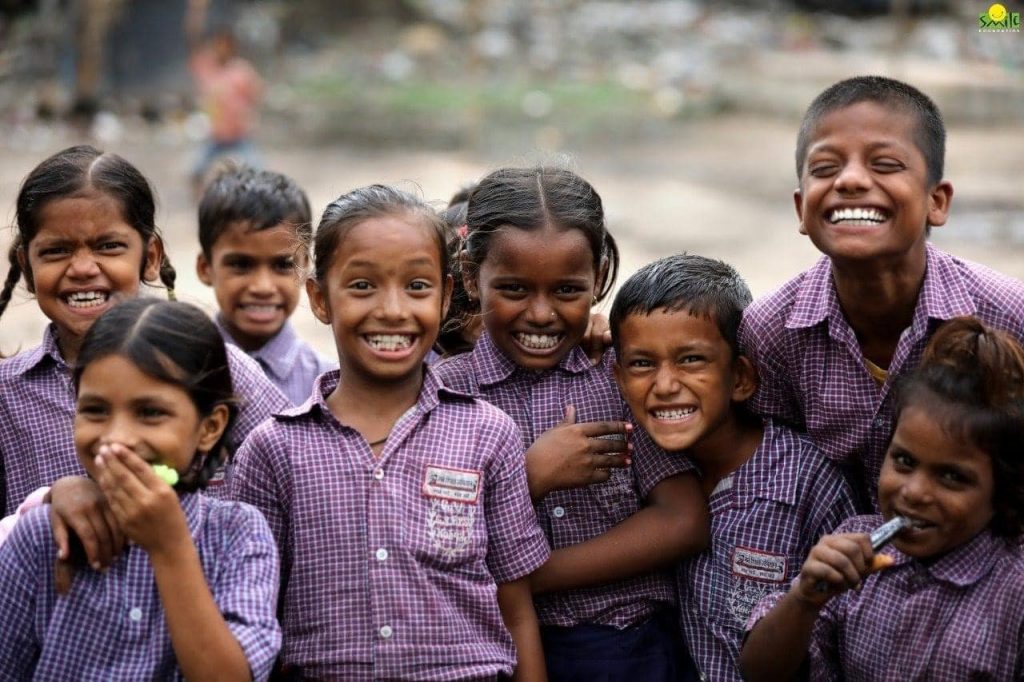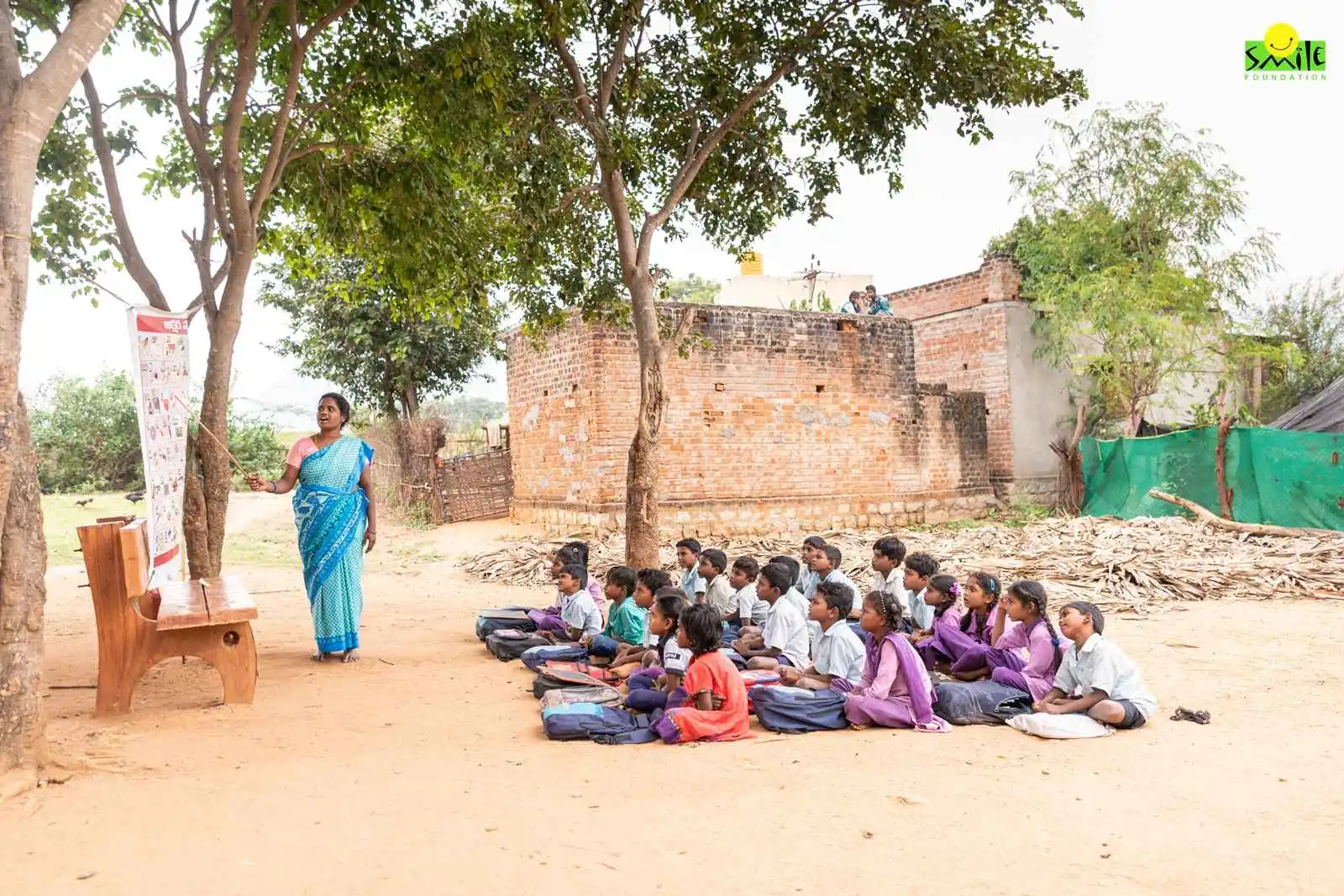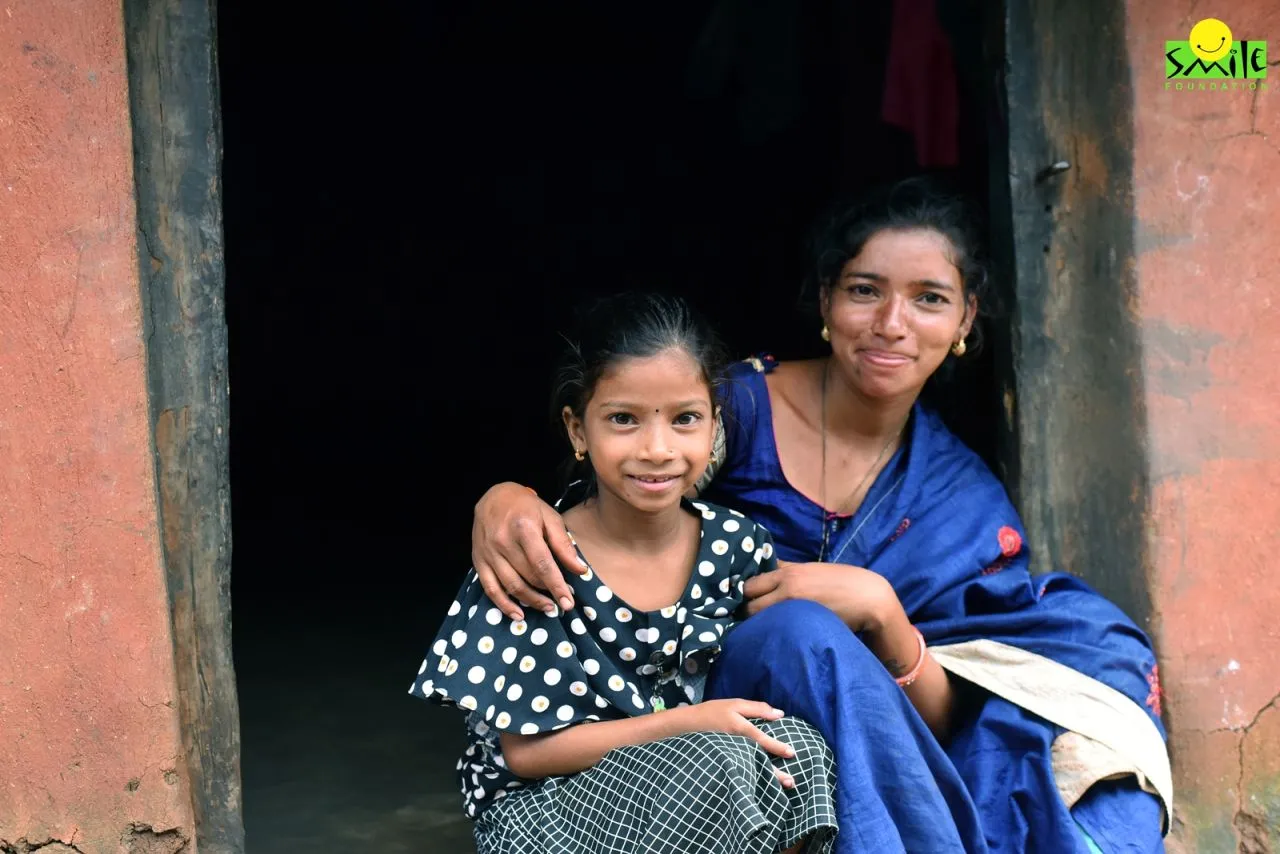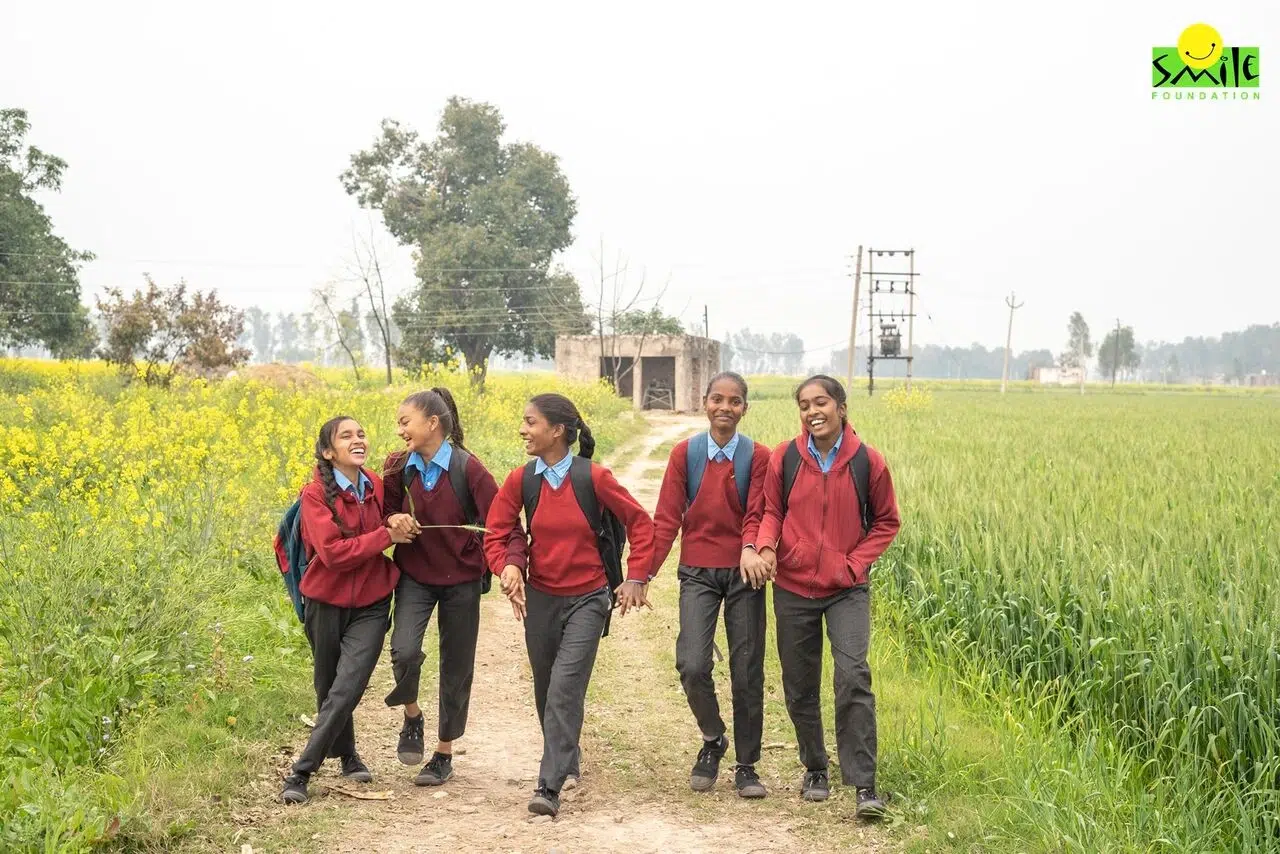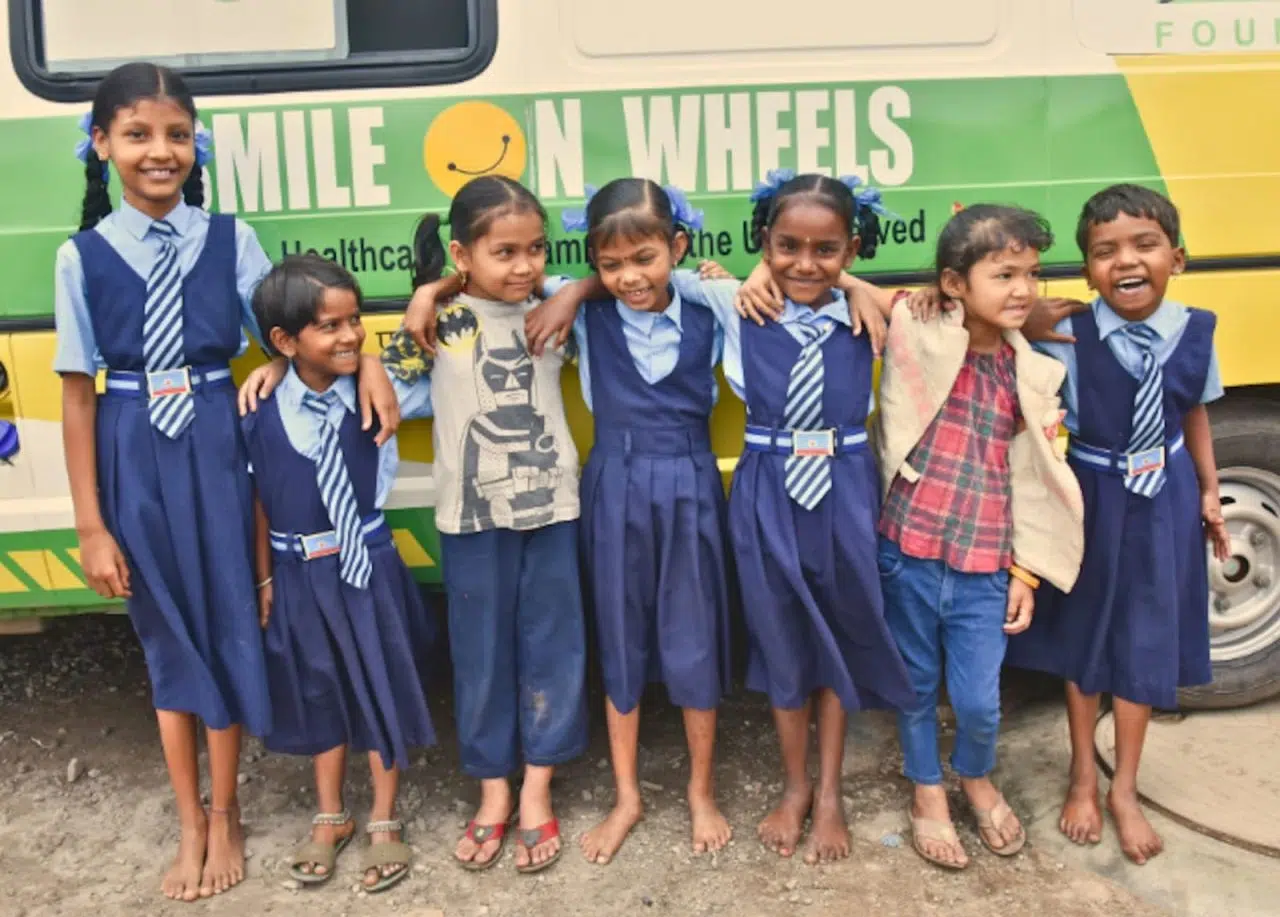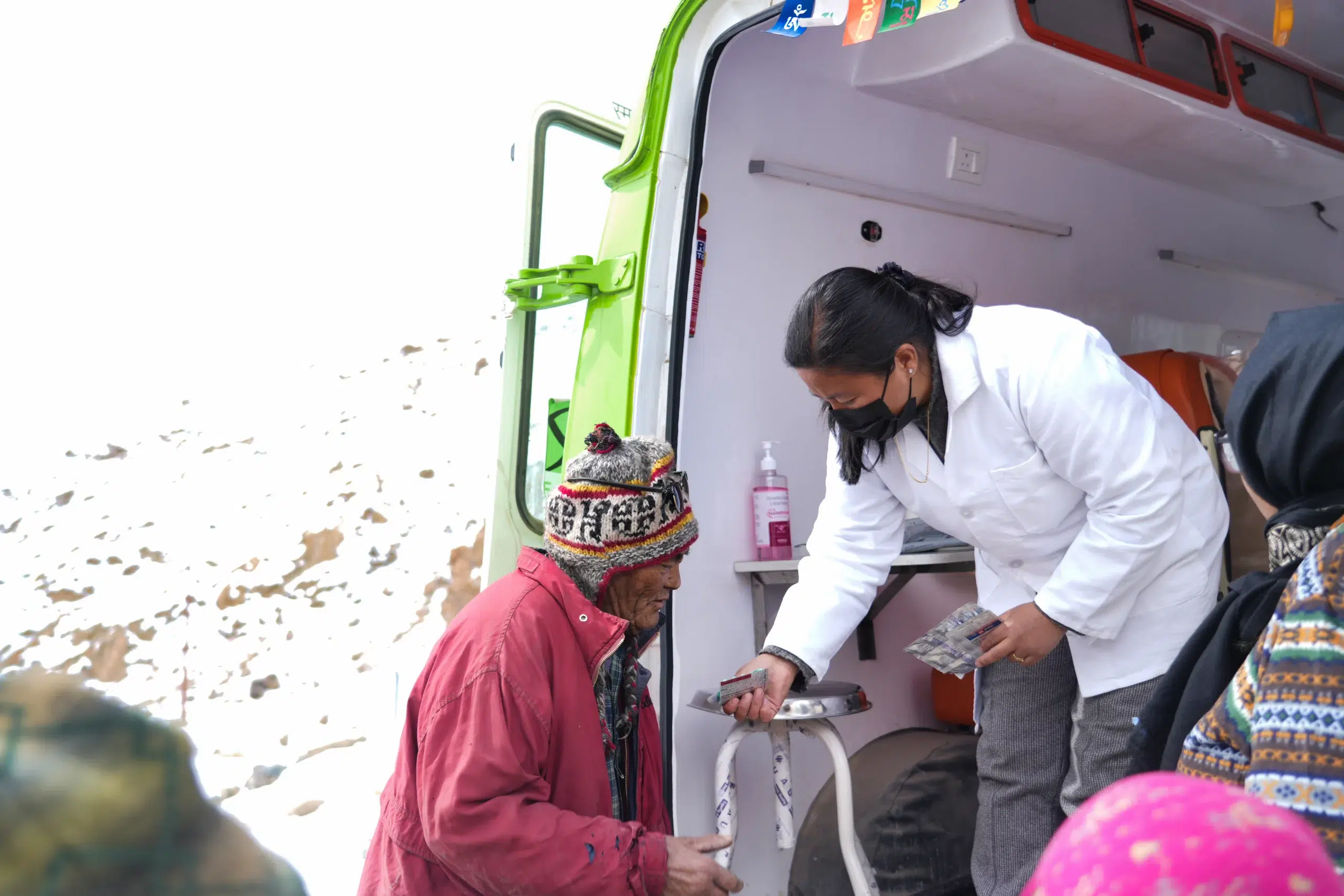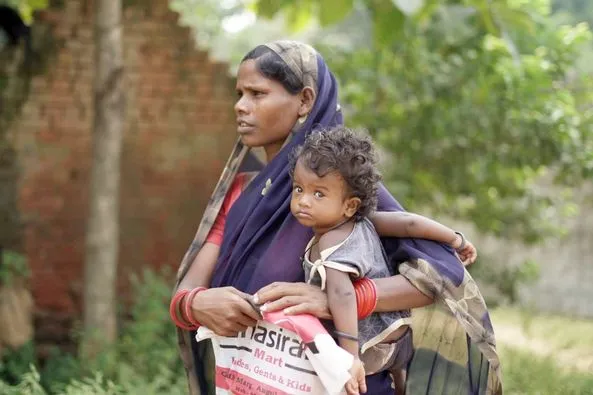Education has been an integral part of Indian history since ancient times. Vedic, Rigveda, Nalanda and Takshila have been prominent pillars of the education system in India. For ages, the rich education system in India has always been a pioneer of inclusive and holistic education focusing on the development of mental, emotional, physical and social skills of the student. Intrinsic to the core principle of a child’s overall development, the recent education initiative by the government of India- the National Education Policy 2020, (NEP) is a transitional development of India’s educational system welcomed enthusiastically by young learners, parents, educators and institutions.
Older Policies vs National Education Policy 2020
Over the years, Indian education has undergone transformational and dynamic reformation which has resulted in significant advancement of learners, educators and institutions. Before the NEP 2020, the education system in India was centered on making “education accessible for all’ agenda. However, the NEP has been a wave of change as now it focuses on “learning how to learn”.
The National Education Policy is a comprehensive integrated educational system that emphasizes developing creative skills, critical thinking and overall holistic development of students studying in primary classes till higher classes.
The most distinctive feature of the NEP framework is that it is created to enhance a nation’s human capital by promoting an educational system, that integrates education with cultural and social impacts while ensuring that students get equipped with skill-based learning and achieve competency-based learning.
Through this approach, the aim is to steer the education system of India towards driving sustainable enhancements across educational verticals that would result in cultivating a multi-knowledgeable and skilled India.
Education and Child Development in India- NEP 2020 approach
There is no doubt that a child’s education plays a pivotal role in shaping their personality. What they read and learn becomes a source of inspiration and motivation. Through education, integral attributes are developed that make an individual as they are-
Values and Ethics- Education instills moral values and ethical principles in children, teaching them to differentiate between right and wrong.
Social Skills- Through interactions with peers and teachers, education fosters the development of social skills such as communication, cooperation, and empathy, which are essential for healthy relationships.
Critical Thinking- Education encourages critical thinking and problem-solving skills, empowering children to analyze situations, make informed decisions, and think creatively.
Self-confidence- Successes and failures in educational pursuits help build self-confidence and resilience in children, teaching them to persevere in the face of challenges.
Cultural Awareness- Education exposes children to diverse cultures, traditions, and perspectives, promoting cultural understanding and tolerance.
Personal Interests- Education provides opportunities for children to explore their interests and passions, helping them discover their strengths and talents.
Responsibility- Through assignments, projects, and classroom responsibilities, education teaches children accountability and the importance of fulfilling obligations.
Leadership Skills- Participation in extracurricular activities and group projects nurtures leadership qualities in children, preparing them for future roles as leaders and decision-makers.
Therefore keeping in mind that the development of behaviors and skills are all linked to education, it becomes even more important for us, as a community, to create an education system in India that promotes comprehensive and experiential learning.
NEP Adoption for Young Learners
In this context, introducing and adopting the NEP 2020 becomes an important and necessary step for making young learners experience an education that liberates them rather than narrowing their vision.
The NEP 2020 is as an integrated framework that highlights the importance of education in every aspect of our lives. Furthermore, education must be viewed through a multi-dimensional lens, i.e., how in today’s time learning must be interconnected with branches of knowledge and industries, that shall help an individual to develop diversified skills and leverage a plethora of opportunities.
How Smile Foundation view the NEP 2020?
As one of the pioneers in working at the grassroots level of the country to make quality education accessible for children from marginalized sections, Smile Foundation views and believes that the National Education Policy is indeed a positive milestone in the educational history of India.
As educators to young learners, our Mission Education program has aligned itself with NEP 2020, to ensure that our students across the nation leverage the best new interactive learning experience that NEP offers.
The NEP has allowed students to showcase their competency by applying knowledge and has given them much-needed exposure to diverse and complex surroundings that help them develop their abilities in multiple domains making them ready for employability across sectors and industries.
As an evolving organization, Smile Foundation has realigned its programs such as Mission Education, STeP, and Project Manzil towards imparting “relevant education”, that empowers our students with sustainable learning that shall make them job-ready in the upcoming industries.
We firmly believe that every child from low-income groups too deserves access to education along with opportunities to achieve equitable learning outcomes. To date, Smile Foundation has been able to positively impact over 1,20,000 children in 27 states. To enhance students overall well-being, we give them an inclusive education environment through-
- Focussing on FLN & Grade-specific learning outcomes
- STEM Education
- Need-based teacher’s training
- Parent & Community Engagement
Inspired by the marvels of National Education Policy 2020, Smile Foundation is striving every day to push the boundaries and take quality education at every nook and corner of our country. We truly believe and encourage everyone to strongly support the core objective of making India’s education system a testament to the transition from an Education to an Employment system.



